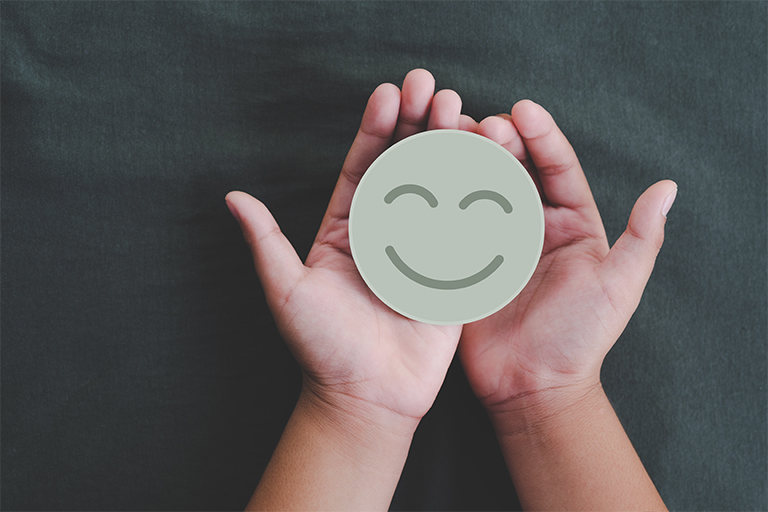Century Park Blog

October 10, 2023, is World Mental Health Day, a perfect day to take a moment to check in on your overall health and well-being. World Mental Health Day was founded in 1992 as an international day for raising awareness of mental health education and promoting advocacy against its social stigma.
Read the tips below and explore ways to add mental health and wellness practices into your daily routine.
1. Get Back to the Basics
Self-care means returning to the fundamentals of healthy living: eating nutritious meals, drinking plenty of water, getting fresh air, sleeping well and exercising. When you fulfill your basic needs, you build a solid foundation for your physical, mental and emotional health. You also replenish the energy you spend caring for others.
2. Do Something for Yourself
It may seem impossible to set aside time for self-care when you’re balancing work, family and other commitments. However, even just 20 minutes out of your day can help.
- Schedule some “me-time” into your daily routine. Whether it’s an early morning walk to watch the sunrise, a bubble bath or quiet time to journal before bed, slot the activity into your schedule. It’s too easy for your personal time to fall to the bottom of your to-do list.
- Take a mental health day. If you feel anxiety climbing, hit the pause button and take a break from the stress before you’re overwhelmed. Spending time with family, going on a hike or having lunch with friends can help put things into perspective.
3. Be Physically Active
When you feel wound up, grab your sneakers or yoga mat and get ready to sweat. Exercise delivers immediate health benefits, reducing anxiety, improving sleep quality and lowering blood pressure. According to the Centers for Disease Control and Prevention, even short amounts of moderate to vigorous physical activity can help release tension.
4. Have a Plan for Handling Stress
Sometimes, a stressful situation hits you at work when you still have hours to go on your shift. You may not be able to leave, but you can take a few moments to ease some tension:
- Find a quiet spot to focus on breathing, even if it’s just for a minute.
- If you can’t get away, settle for a few deep breaths, filling your lungs and exhaling slowly.
- Go for a walk around the block while listening to your favorite song. • Run up a few flights of stairs to get your blood flowing.
5. Try Meditation
More Americans are discovering the benefits of meditation, a practice that focuses on slowing your breathing and calming the mind. Meditation can positively affect your brain and mental health by strengthening connections between neurons. According to the Cleveland Clinic, meditation affects the parts of the brain that control your senses, emotions and ability to concentrate and focus.
6. Achieve Calm with Mindfulness
When you get caught up in stress, it’s easy to be overwhelmed. Practicing mindfulness helps ground you in the moment so you’re focused on the present instead of worrying about the past or future.
For example, concentrate on your breath and how you’re feeling. You might realize you need to unclench your jaw or relax your shoulders. Acknowledge your surroundings, such as a tree outside a window or the breeze on your face. These simple practices can help nurture positive thinking and gratitude, which in turn, relieves some of the external stress you’re feeling.
7. Acknowledge Your Emotions
Intense emotions, such as sadness, grief, frustration and anger, don’t disappear if you ignore them. Acknowledging your feelings and finding a healthy way to channel them is vital. Avoiding emotions only puts more strain on your physical and mental health.
8. Live with Intention
Frequently, stress is caused by feeling out of control and having to react to situations constantly. Counteract this by deciding what’s important to you and living purposefully to achieve it.

